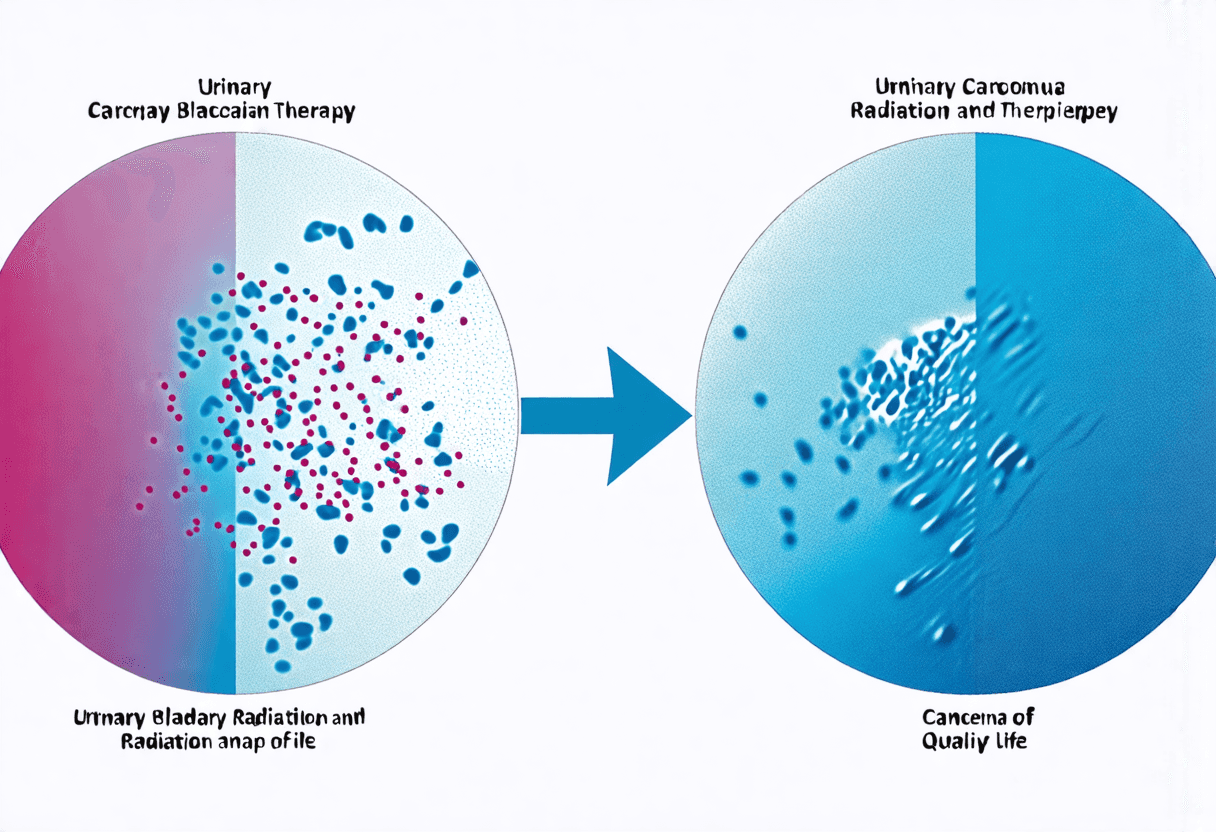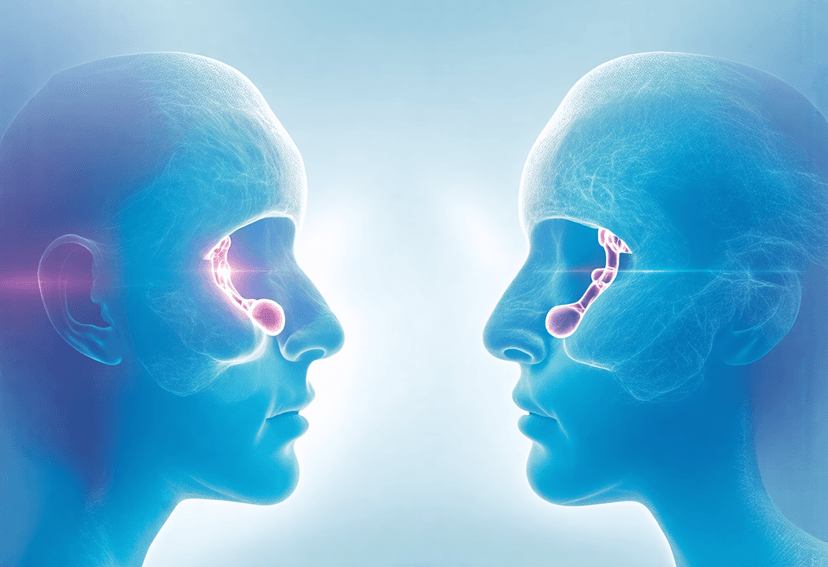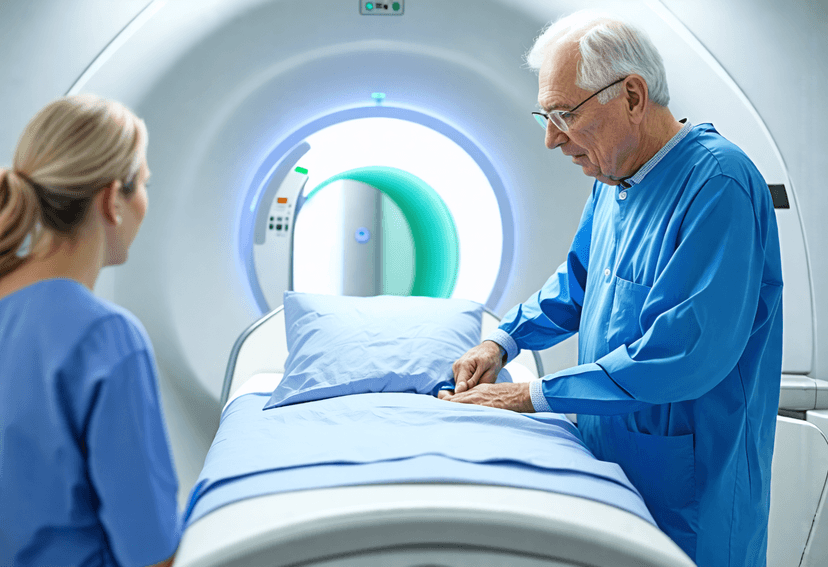
Urinary Bladder Carcinoma Radiation Therapy and Quality of Life
26 Oct, 2024
 Healthtrip
HealthtripAs we navigate the complexities of modern life, our bodies are constantly exposed to various environmental, lifestyle, and genetic factors that can increase the risk of developing cancer. One such type of cancer that affects millions of people worldwide is urinary bladder carcinoma, a disease that can significantly impact an individual's quality of life. While radiation therapy is a common treatment option for bladder cancer, it's essential to understand its effects on a patient's overall well-being. In this blog, we'll delve into the world of urinary bladder carcinoma, radiation therapy, and its implications on quality of life, highlighting the importance of prioritizing patient-centric care.
The Unsettling Reality of Urinary Bladder Carcinoma
Urinary bladder carcinoma is a type of cancer that originates in the cells lining the urinary bladder, responsible for storing urine. The American Cancer Society estimates that in 2022, approximately 83,730 new cases of bladder cancer will be diagnosed in the United States alone, with men being three to four times more likely to develop the disease than women. The risk factors for bladder cancer are diverse, ranging from smoking and exposure to certain chemicals to a family history of the disease. Symptoms may include painful urination, frequent urination, and blood in the urine, often leading to feelings of anxiety, depression, and uncertainty.
Most popular procedures in India
The Role of Radiation Therapy in Bladder Cancer Treatment
Radiation therapy is a common treatment option for bladder cancer, particularly for patients who are not suitable for surgery or have advanced-stage disease. This non-invasive treatment uses high-energy radiation to destroy cancer cells, reducing the size of the tumor and alleviating symptoms. There are two primary types of radiation therapy: external beam radiation therapy (EBRT) and brachytherapy. EBRT involves directing radiation beams from outside the body to the tumor, while brachytherapy involves placing a small radioactive implant inside the bladder to deliver radiation directly to the cancer cells. While radiation therapy can be an effective treatment option, it's crucial to understand its impact on a patient's quality of life.
Wellness Treatments
Give yourself the time to relax
Lowest Prices Guaranteed!

Lowest Prices Guaranteed!
The Impact of Radiation Therapy on Quality of Life
Radiation therapy can significantly affect a patient's quality of life, leading to physical, emotional, and psychological distress. Common side effects of radiation therapy for bladder cancer include urinary incontinence, urinary urgency, and rectal bleeding, which can disrupt daily activities and cause feelings of embarrassment and frustration. Additionally, radiation therapy can lead to fatigue, nausea, and vomiting, further compromising a patient's overall well-being. The emotional toll of radiation therapy should not be underestimated, as patients may experience anxiety, depression, and a loss of independence, ultimately affecting their relationships and daily life.
Strategies for Mitigating the Adverse Effects of Radiation Therapy
While radiation therapy can have a significant impact on quality of life, there are strategies that can help mitigate its adverse effects. Patients should maintain an open dialogue with their healthcare providers, discussing any concerns or side effects they may be experiencing. Engaging in regular exercise, practicing stress-reducing techniques such as meditation and yoga, and adhering to a balanced diet can help alleviate fatigue and improve overall well-being. Furthermore, patients should prioritize pelvic floor exercises to improve bladder control and reduce the risk of urinary incontinence.
The Importance of Patient-Centric Care in Bladder Cancer Treatment
In the midst of bladder cancer treatment, it's essential to prioritize patient-centric care, focusing on the individual's unique needs, concerns, and values. Healthcare providers should adopt a multidisciplinary approach, collaborating with patients, family members, and other healthcare professionals to develop personalized treatment plans that address the physical, emotional, and psychological aspects of bladder cancer. By doing so, patients can experience improved treatment outcomes, enhanced quality of life, and a greater sense of control over their disease.
Conclusion
In conclusion, urinary bladder carcinoma is a complex disease that requires a comprehensive understanding of its causes, symptoms, and treatment options. Radiation therapy, while an effective treatment option, can have a significant impact on a patient's quality of life. By acknowledging the importance of patient-centric care, adopting strategies to mitigate the adverse effects of radiation therapy, and prioritizing open communication, we can improve treatment outcomes and enhance the overall well-being of individuals affected by bladder cancer. As we navigate the intricate landscape of cancer care, it's essential to remember that every patient deserves a life of dignity, respect, and compassion.
Related Blogs

Adenoidectomy Surgery: A New Lease on Life
Learn how Adenoidectomy surgery can improve overall quality of life,

Adenoidectomy Surgery: A Game-Changer for Breathing Easy
Adenoidectomy surgery can significantly improve breathing, sleep, and overall quality

Breathing Easy: The Benefits of Adenoidectomy Surgery
Learn about the benefits of Adenoidectomy surgery, including improved breathing,

The Benefits of Shoulder Arthroscopy
Explore the advantages of shoulder arthroscopy for a better quality

Urinary Bladder Carcinoma Radiation Therapy and Palliative Care
Radiation therapy can provide palliative care for urinary bladder carcinoma

Radiation Therapy for Bladder Cancer in Elderly Patients
Radiation therapy is a suitable treatment option for elderly patients










